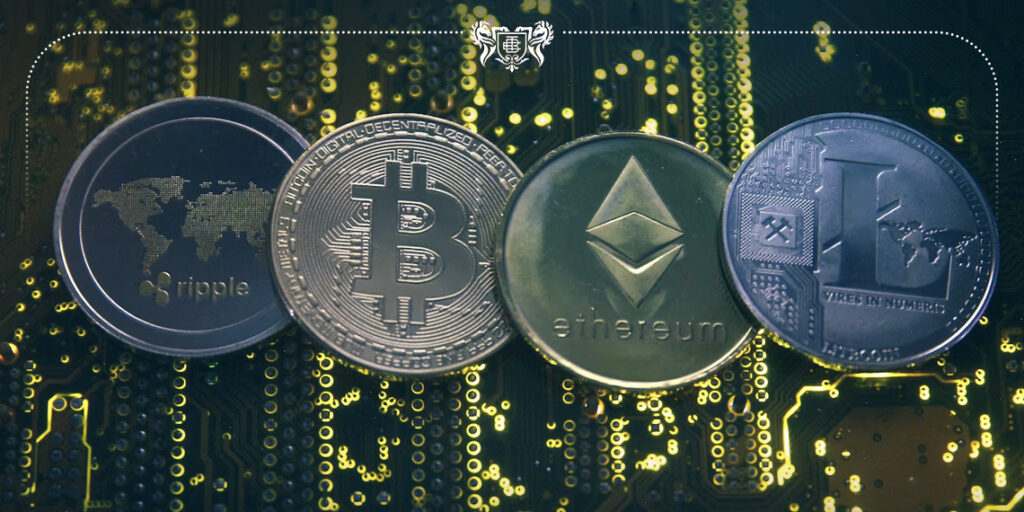In a significant shift in the global blockchain landscape, Asia has now surpassed North America as the leading region for cryptocurrency and blockchain development talent.
The fifth annual Electric Capital Developer Report, which analyzes the distribution and activity of crypto developers worldwide, indicates that Asia’s contribution to the global pool of crypto developers has surged to 32% in 2024, up from 13% in 2015. Meanwhile, North America’s share has declined to 24%, down from 44% in the same period.
Maria Shen, a general partner at Electric Capital, pointed out the notable trend of the United States losing its dominance in the crypto development sector, despite still hosting the largest number of individual crypto developers globally.
The U.S. accounts for 18.8% of all crypto developers, followed by India with 11.8%, and the United Kingdom at 4.2%. However, the U.S. has seen a significant 51% decrease in its share of developers since 2015, highlighting a shift towards Asia as a new center of crypto innovation.
The data for the report was derived from an analysis of over 200 million crypto-related GitHub commits from 350,000 repositories, along with geographical data from more than 110,000 developer wallets with self-reported locations. This extensive data gathering provides insight into the geographic distribution of crypto developers, shedding light on which regions are poised to drive future blockchain innovation and mass adoption.
The rising interest in cryptocurrencies in Asia, especially in South Korea, has been underscored by a 21% increase in crypto investors in the latter half of 2024 alone. This growth has led to substantial financial success for the region’s top 21 local centralized exchanges (CEXs), which collectively reported a year-on-year profit increase of 106%, totaling over $4.2 billion.
This decentralization of developer talent suggests a shifting paradigm in the global blockchain ecosystem, with Asia emerging as a potential leader in future blockchain developments. While the U.S. remains a key player in the sector, it faces the challenge of adapting to a rapidly evolving digital currency and blockchain technology landscape to maintain its competitive edge.


